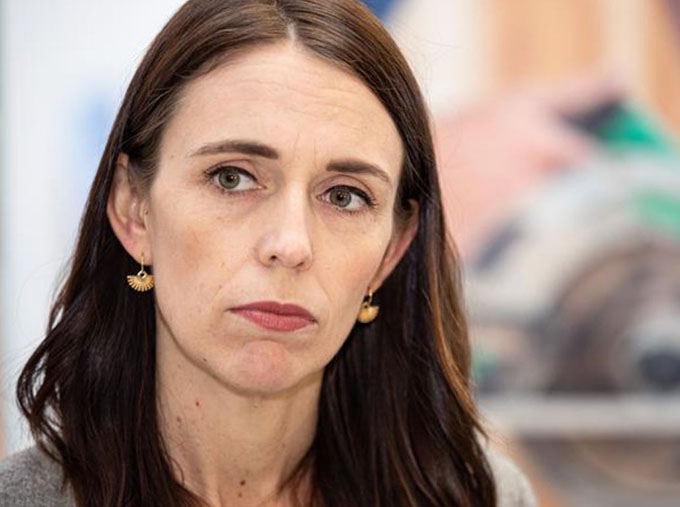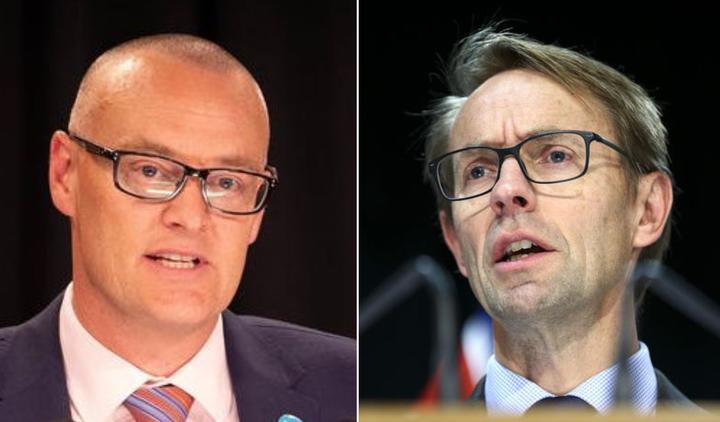
COMMENT: By Jane Patterson, RNZ News political editor
Public confidence in New Zealand’s border controls has been shattered.
The obvious anger of the prime minister when talking about the latest border bungle shows that goes right to the top.
The fate of Health Minister David Clark and potentially Director-General of Health Dr Ashley Bloomfield hang in the balance, having ultimate responsibility for putting the rules in place, and making sure they’re followed.
READ MORE: ‘Raise our game’ warning on NZ border
The case of the two women returning home to see a dying relative that were allowed to leave managed isolation without being tested has laid bare fundamental failings in the way the most high-risk people in the country have been managed.
New Zealanders were assured border controls would be beefed up even more after moving into level 1 – those in managed isolation and quarantine would be tested on day 3 and day 12, and no-one would be given exemption to attend a funeral.
We know now that at least on one occasion that testing did not happen – and it was only because two positive tests were returned this even became known.
It’s a confronting wake-up call that New Zealand is still vulnerable and the dreaded “second wave” could still happen. The government has defended the times it has acted with caution to avoid going back into lockdown, the worst case scenario for an economy already plunging into recession.
‘Kiss and cuddle’
The handling by ministers and officials has not helped; strong initial assurances the women had no close contacts during the drive down the North Island only to be proven wrong by National’s Michael Woodhouse – what would in normal times be an uncontroversial social interaction a “kiss and a cuddle” – now a matter of great political debate.
That contact – still described as “fleeting” – has created even more risk of the virus spreading with more people coming forward by the hour.
The two women though should not be demonised, they followed the rules and by all accounts tried to do all that was expected of them after being granted the exemption to travel to Wellington.
But their case has unleashed even more stories about people in quarantine asking for tests and not getting them, large groups allowed to attend a funeral in contravention of the rules and people given leave to go a funeral taking off and having to be tracked down by authorities.

These are all an indictment of the system New Zealanders have been assured will protect them at the most vulnerable point – the border.
Attendance at funerals in particular has been a pressure point all the way through. Officials were roundly criticised for taking a hard line but had to take another look after a High Court decision questioned the approach being taken and there did seem to have been more of a willingness to allow people to attend – up until the rules were changed again on June 8.
Testing for all arrivals was only made compulsory that same day.
Problems are broader
However the problems are broader than whether people have been tested according to the protocols; there are also serious questions around the laxity of enforcement around quarantining and managed isolation with reports of people mingling with the public on supervised walks and even staff of the Chief Ombudsman needing tests after unexpectedly finding themselves “mingling” with people in a hotel lobby who were supposed be in isolation.
The border was first closed on March 19 and there were problems from the start.
Cabinet Minister Jenny Salesa was dispatched to Auckland International Airport after reports the advice and direction from officials about self-isolating was a shambles, followed later by an admission from police they were not carrying out the checks on people trusted to self-isolate after arriving from other countries.
At that time the government was overwhelmed by the sheer numbers of New Zealanders arriving home, but no such excuse now.
The prime minister’s answer is to bring in the military and bring some organisational discipline and resource to the regime, led by Air Commodore Digby Webb.
However, RNZ understands defence personnel have already been involved in quarantining as part of the operations command centre under former Police Commissioner Mike Bush, including someone from Defence managing one of the hotels being used.
Bringing in the military to manage or exert any kind of control over a civilian population could cause alarm but they’ve been brought for their logistical skills, and the ability to bring in plenty more manpower if needed, not to impose law and order. Appointing Air Commodore Webb to not only run the show but to rake back over what had already happened is a clear vote of no confidence in the health officials.
The next few days will be crucial. Testing and contact tracing that will be frantically happening should give us a better idea of whether this is limited to just the two women, or if the failures at the border are going to have more wide-reaching consequences.
- This article is republished by the Pacific Media Centre under a partnership agreement with RNZ.
- If you have symptoms of the coronavirus, call the NZ Covid-19 Healthline on 0800 358 5453 (+64 9 358 5453 for international SIMs) or call your GP – don’t show up at a medical centre.
- Follow RNZ’s coronavirus newsfeed













































